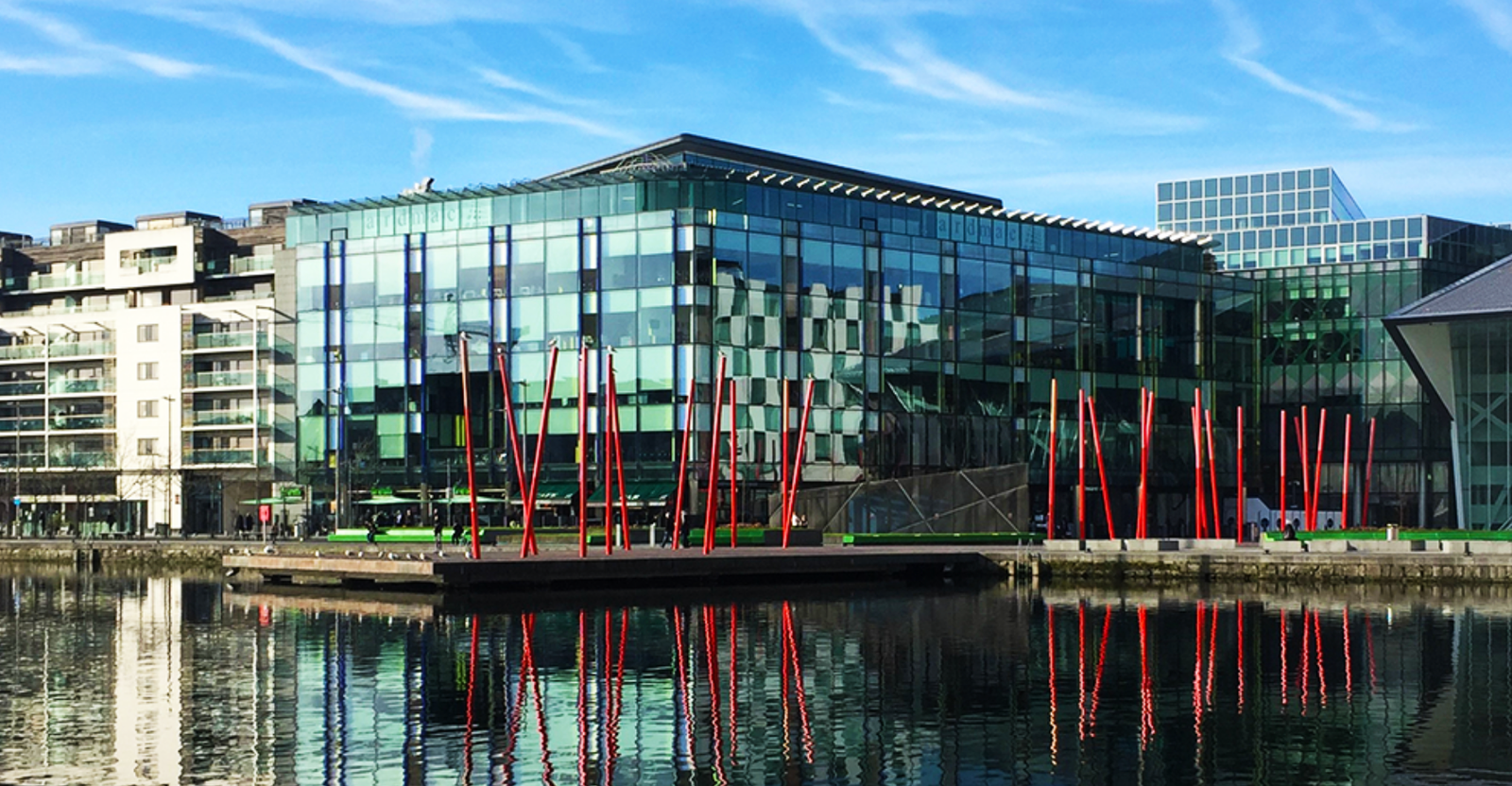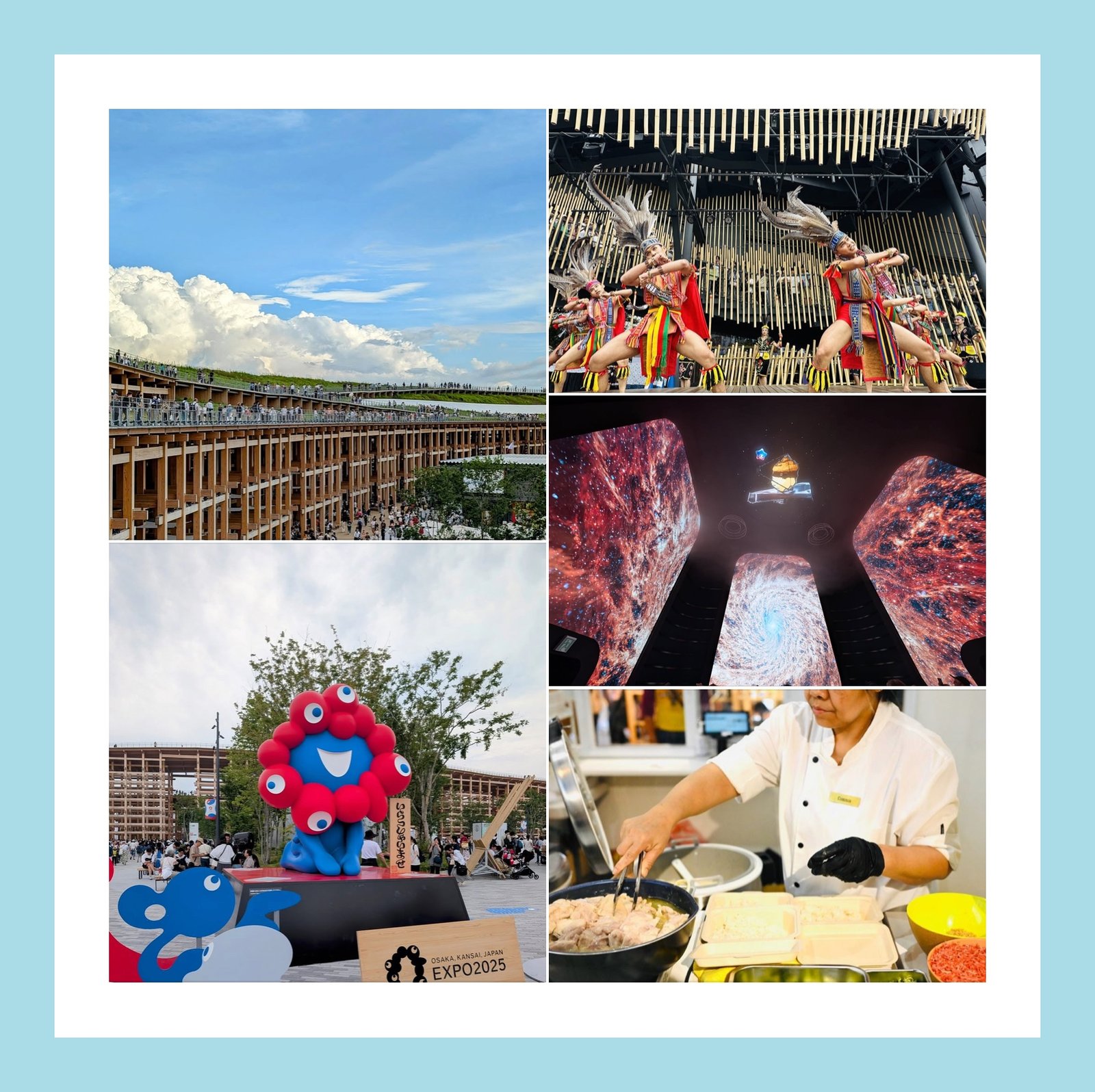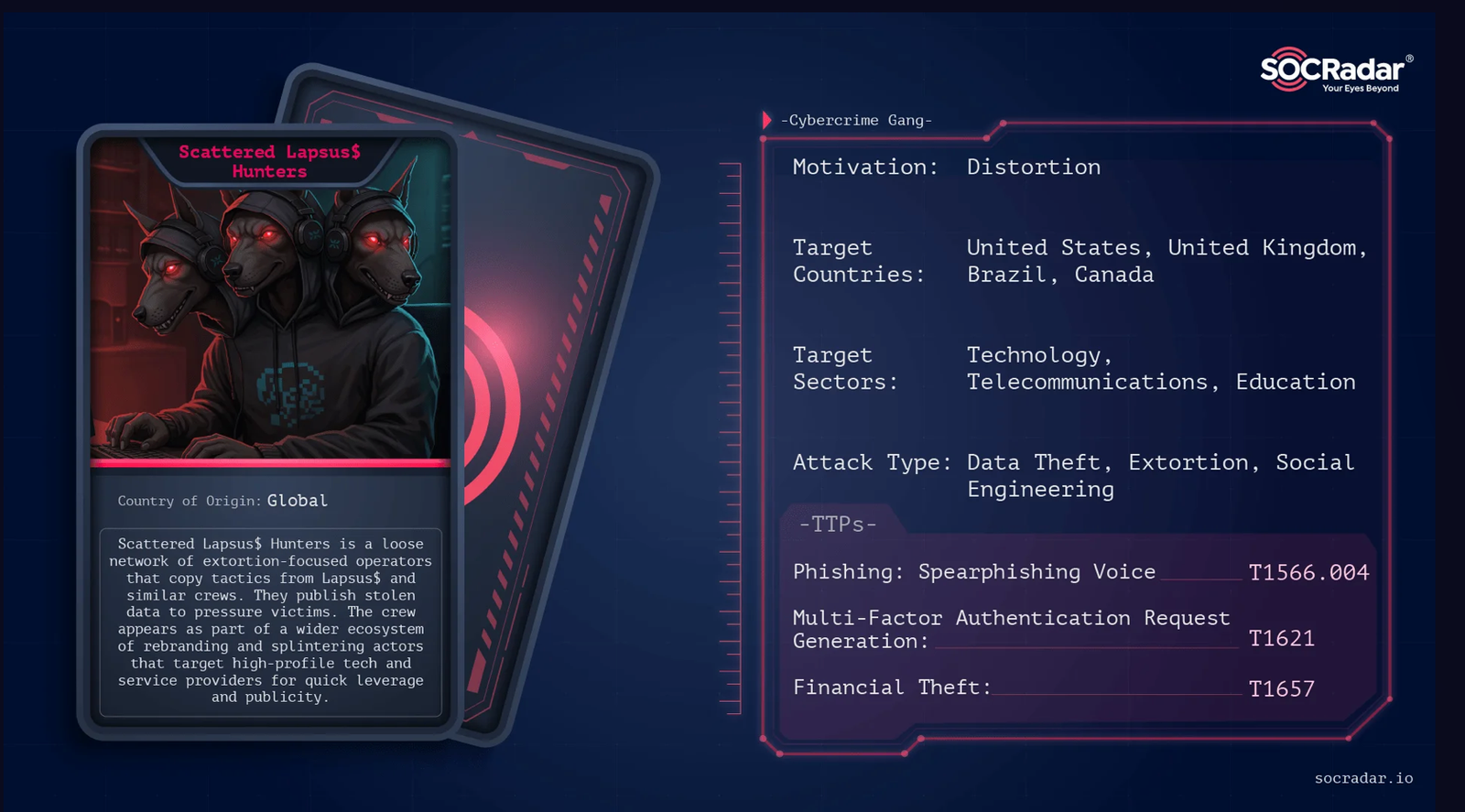Navigating the Future: Accenture’s AI-Driven Workforce Transformation
Accenture’s recent announcement to “exit” staff unable to adapt to AI-centric roles marks a pivotal moment in the evolving landscape of work. This decision underscores a broader trend where companies are aligning their workforce strategies with the rapid advancements in artificial intelligence (AI).
Accenture’s Strategic Shift
In the past three months, Accenture has reduced its global workforce by over 11,000 employees, initiating a $865 million restructuring program. CEO Julie Sweet emphasized that the company is focusing on reskilling its workforce, aiming to retain “reinventors” who can thrive in an AI-driven environment. However, for roles where reskilling isn’t feasible, the company is opting for exits. Despite these changes, Accenture reported a 7% increase in annual revenue to $69.7 billion and a 6% rise in net income to $7.83 billion, attributing growth to its expanding AI initiatives Financial Times.
Accenture’s proactive approach ensures that its workforce remains ahead of industry trends, ready to deliver AI-powered solutions to clients Consulting Point.
The Broader Implications for the Job Market
Accenture’s approach reflects a significant shift in how companies are integrating AI into their operations. The emphasis on retraining and upskilling highlights the growing demand for AI proficiency across various industries. However, this also raises concerns about job displacement, particularly for roles that are more susceptible to automation.
Industry experts suggest that while AI can enhance productivity and create new opportunities, there is a pressing need for comprehensive retraining programs to ensure that the workforce can adapt to these technological changes. Without such initiatives, there’s a risk of widening the skills gap and increasing unemployment rates in sectors heavily impacted by AI advancements HR Dive.
Looking Ahead
As companies like Accenture continue to invest in AI, the focus is shifting towards creating a workforce that is agile and capable of leveraging AI technologies. This transformation necessitates a collaborative effort between businesses, educational institutions, and governments to develop effective retraining programs. By fostering a culture of continuous learning and adaptability, the workforce can better navigate the challenges and opportunities presented by AI.
In conclusion, Accenture’s decision serves as a bellwether for the broader workforce transformation underway. It underscores the imperative for both individuals and organizations to embrace AI literacy and adaptability to thrive in the evolving job market.




